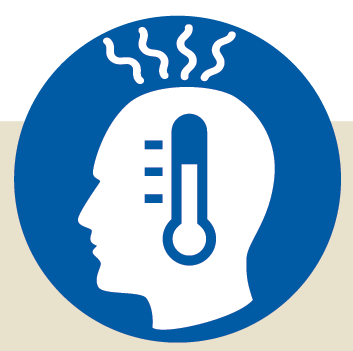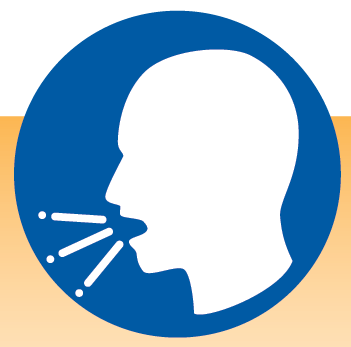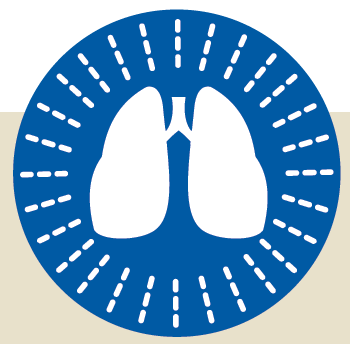COVID-19 Coronavirus - Symptoms
There’s currently no vaccine to prevent coronavirus disease (COVID-19).
Symptoms of Coronavirus
The most common symptoms of COVID-19 are fever, tiredness, and dry cough . Some patients may have aches and pains, nasal congestion, runny nose, sore throat or diarrhea. These symptoms are usually mild and begin gradually. Also the symptoms may appear 2-14 days after exposure.
Major & Common Symptoms

Fever
High Fever – this means you feel hot to touch on your chest or back (you do not need to measure your temperature). It is a common sign &also may appear in 2-10 days if affected.

Cough
Continuous cough – this means coughing a lot for more than an hour, or 3 or more coughing episodes in 24 hours (if you usually have a cough, it may be worse than usual).

Shortness of breath
Difficulty breathing – Around 1 out of every 6 people who gets COVID-19 becomes seriously ill and develops difficulty breathing or shortness of breath.
Others Symptoms
Some patients may have aches and pains, nasal congestion, runny nose, sore throat or diarrhea. These symptoms are usually mild &begin gradually. Some people become infected but don’t develop any symptoms &don't feel unwell. Most people (about 80%) recover from the disease without needing special treatment.
Around 1 out of every 6 people who gets COVID-19 becomes seriously ill and develops difficulty breathing. Older people, and those with underlying medical problems like high blood pressure, heart problems or diabetes, are more likely to develop serious illness.
These are for informational purposes only. Consult your local medical authority for advice. (Source: World Health Organization)
Symptoms and what to do
You must do not leave your home if you have any of coronavirus symptoms (a high temperature or a new, continuous cough) call your medical service.
Stay at home to stop coronavirus spreading
Everyone must stay at home to help stop the spread of coronavirus. You should only leave the house for very limited purposes:
- shopping for basic necessities, for example food and medicine, which must be as important.
- one form of exercise a day, for example a run, walk, or cycle – alone or with members of your household
- any medical need, including to donate blood, avoid or escape risk of injury or harm, or to provide care or to help a vulnerable person.
- travelling for work purposes, but only where you cannot work from home.

